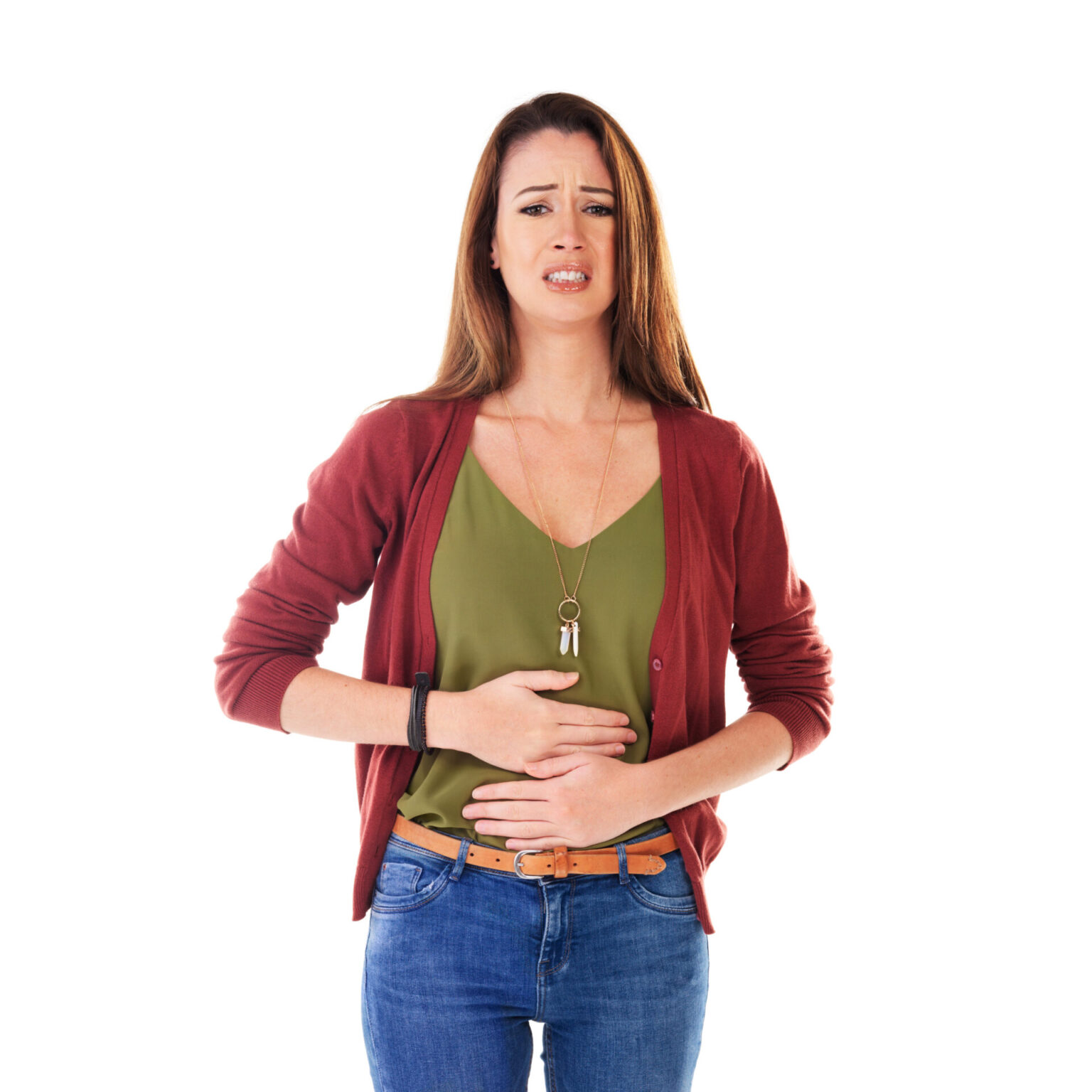
Irritable bowel syndrome (IBS) affects around 1 in 6 people. Around half the people who visit a gastroenterologist (bowel specialist) leave with a diagnosis of IBS. A diagnosis of IBS is based on a group of symptoms known as the Rome III criteria. Rome, huh? It makes IBS sound rather romantic. Criterion I, you have a Botticelli bottom. Tick. Criterion II, the tinkling sounds in your belly reminds one of the Trevi Fountain. Tick and Criterion III, your bowel movements resemble a perfectly filled cannelloni. Errr, tick. Actually, the Rome criteria for IBS states a diagnosis depends on your having abdominal pain or discomfort for at least 3 days a month for the last 3 months, associated with 2 or more of the following symptoms: a change in the frequency of bowel movements, a change in the appearance of bowel movements and your symptoms improve with a bowel movement. On second thoughts, Venice sounds nice.
IBS is known as a ‘functional disorder’ rather than the other option, an ‘organic disease’. The difference is that an organic disease is where there is damage or change to an organ or body part, whereas, with a functional disorder, a change has occurred to the normal functioning of a body process. This means that when IBS is investigated via a colonoscopy (a scope up the rear), there is no discernible damage to the bowel wall, unlike ulcerative colitis or Crohn’s disease (both organic diseases), where there is often inflammation and ulceration to be seen. With IBS, it is thought that peristalsis (the wave-like movement which occurs throughout the bowel) is disrupted which causes the symptoms of IBS that include abdominal pain, diarrhoea, constipation, abdominal pain, flatulence and lack of appetite. Peristalsis is a common movement throughout the digestive tract, whereas there is a smaller movement, known as the MMC (Migrating Motor Chain) which only affects the small intestine. This can be disrupted by Small Intestine Bacterial Overgrowth (SIBO).
Blend the following oils into a 20 ml base oil. Use in a soothing clockwise abdominal massage or as a warm compress on the abdomen and lower back. Mixed with some Epsom salts, can also be used as a bath soak.